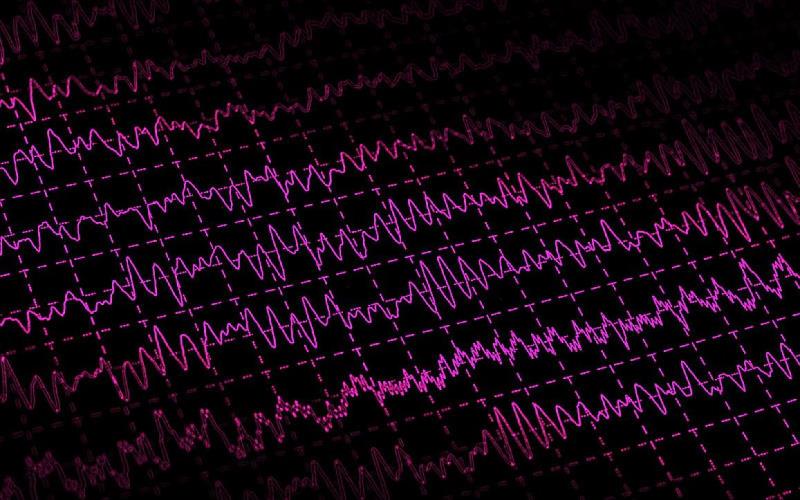
A clinical study has shown that anticonvulsant drugs levetiracetam, fosphenytoin, and valproate are equally effective in treating patients with a severe form of epilepsy.
The established status epilepticus treatment trial (ESETT) was funded by the National Institutes of Health’s (NIH) National Institute of Neurological Disorders and Stroke (NINDS). It demonstrated that the three drugs blocked seizures and enhanced responsiveness in around half of participants.

Discover B2B Marketing That Performs
Combine business intelligence and editorial excellence to reach engaged professionals across 36 leading media platforms.
The NIH-funded trial was led by University of Michigan professor Ann Arbor, Medical University of South Carolina professor Dr Jordan Elm, George Washington University professor Dr James Chamberlain, and University of Virginia professor Dr Jaideep Kapur.
Over 380 children and adults were recruited and randomised with levetiracetam, fosphenytoin, or valproate when they had a seizure.
The researchers focused on determining which of the anticonvulsant drugs was most effective in stopping seizures and improving a patient’s level of responsiveness within 60 minutes of administering treatment.
The study showed that 47% of subjects benefitted in the levetiracetam group compared to 45% in the fosphenytoin cohort and 46% treated with valproate.

US Tariffs are shifting - will you react or anticipate?
Don’t let policy changes catch you off guard. Stay proactive with real-time data and expert analysis.
By GlobalDataSilbergleit said: “Our study suggests that clinical outcomes are driven by factors other than drugs. Differences in how doctors decide to treat status epilepticus, such as when they give more drugs or when to anaesthetize patients and put them on a mechanical ventilator, maybe more important than the specific treatments used to control seizures in patients.”
ESETT researchers applied a clinical trial design called response adaptive randomisation to enhance the study’s efficiency and maximise the chances of identifying the best treatment.
An algorithm was also used in the study to determine which drugs patients would receive based on accumulating trial data.
Kapur said: “Using an innovative design for this clinical trial, we were able to answer this important question in a timely and cost-effective manner.”





